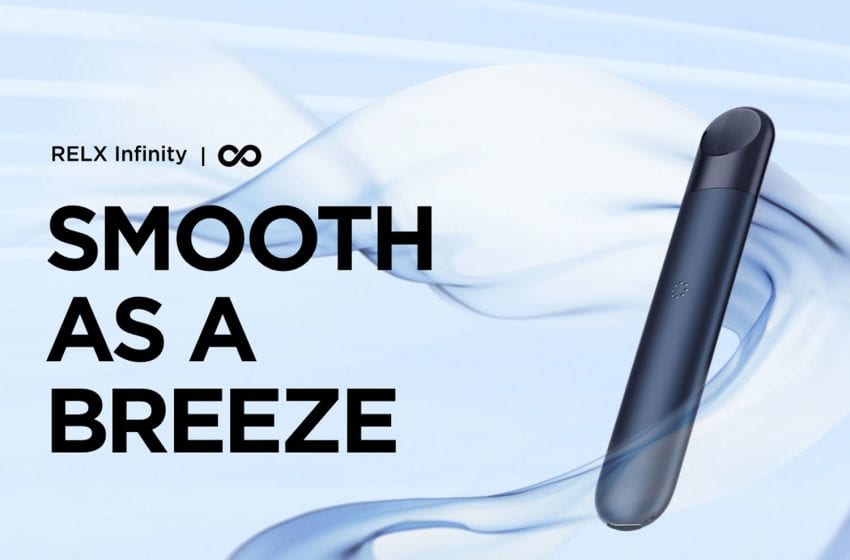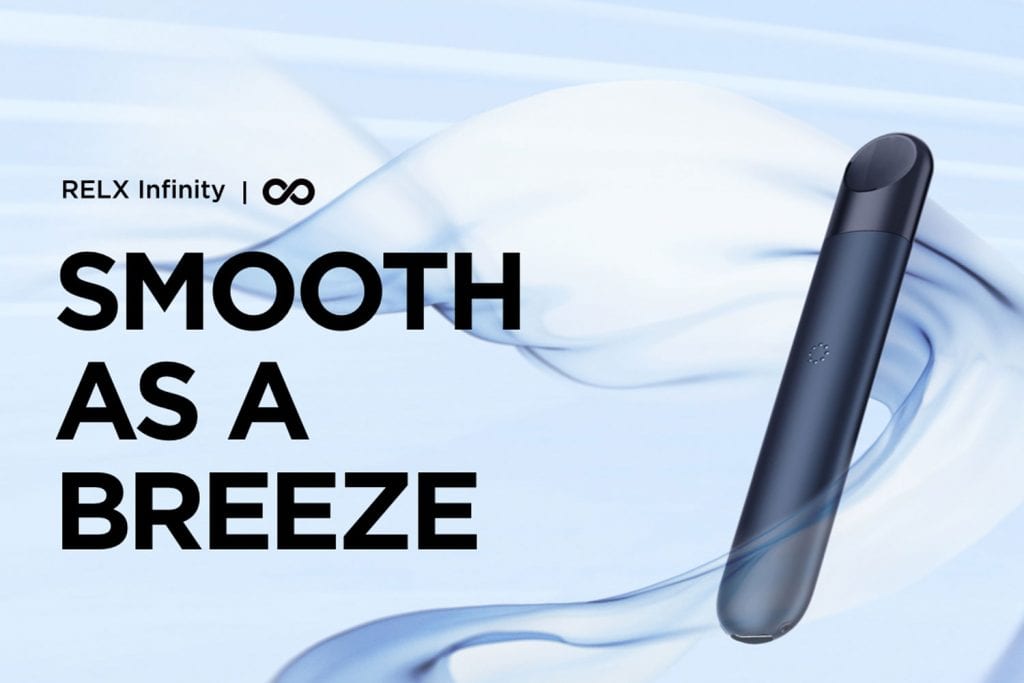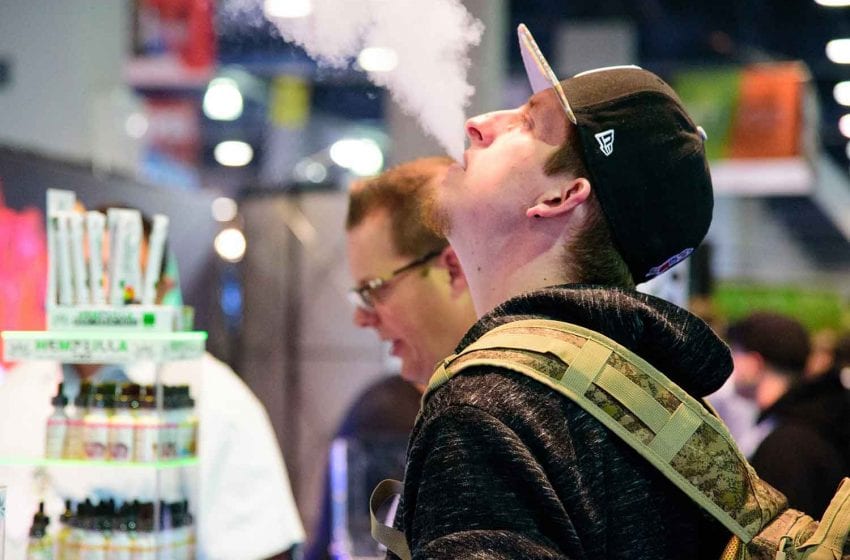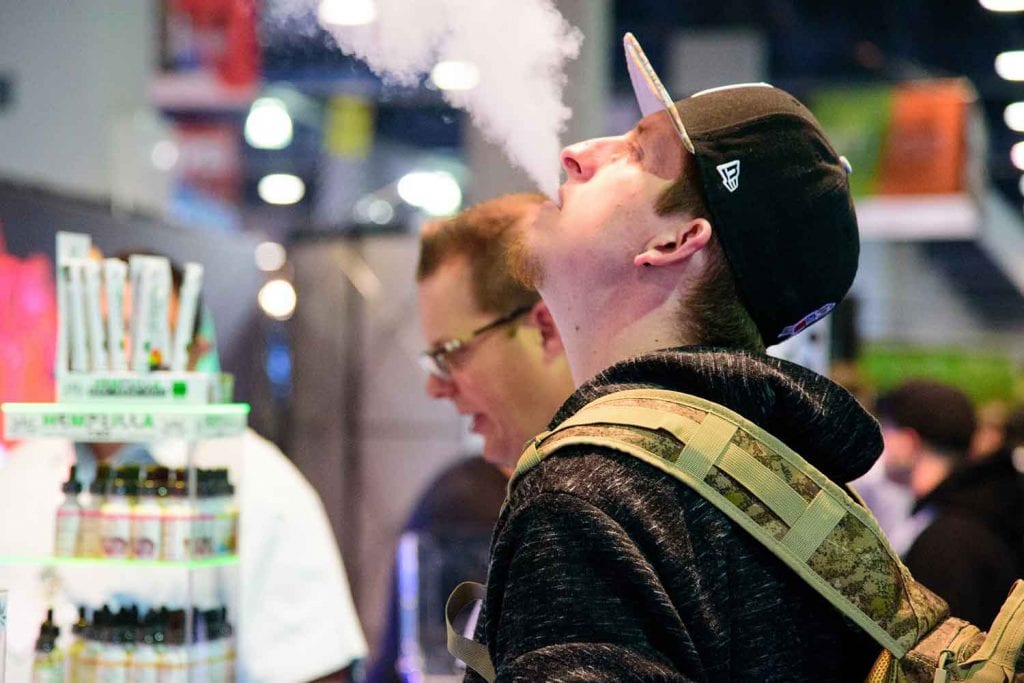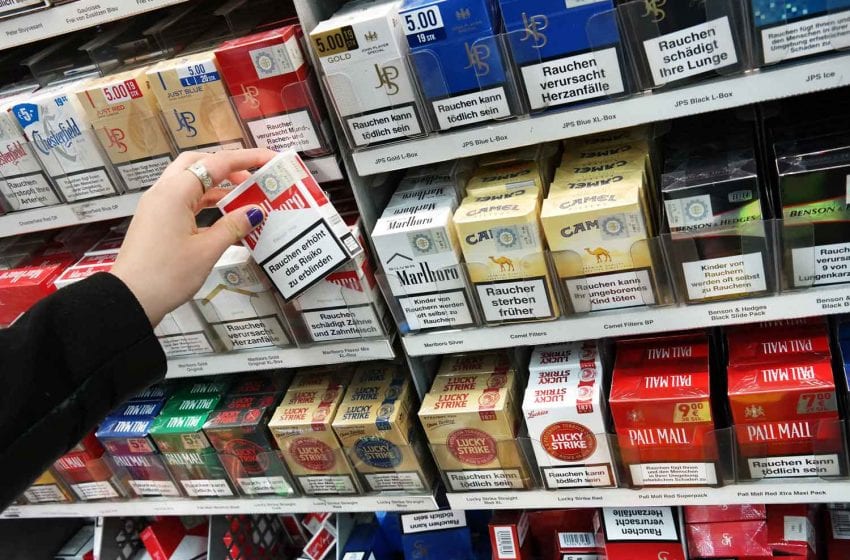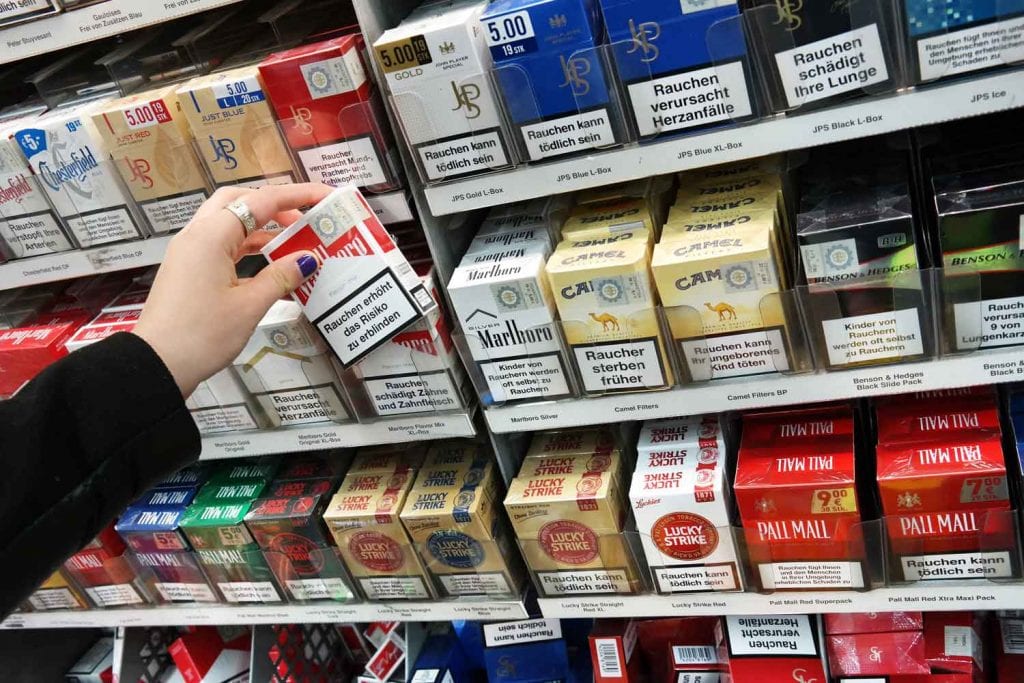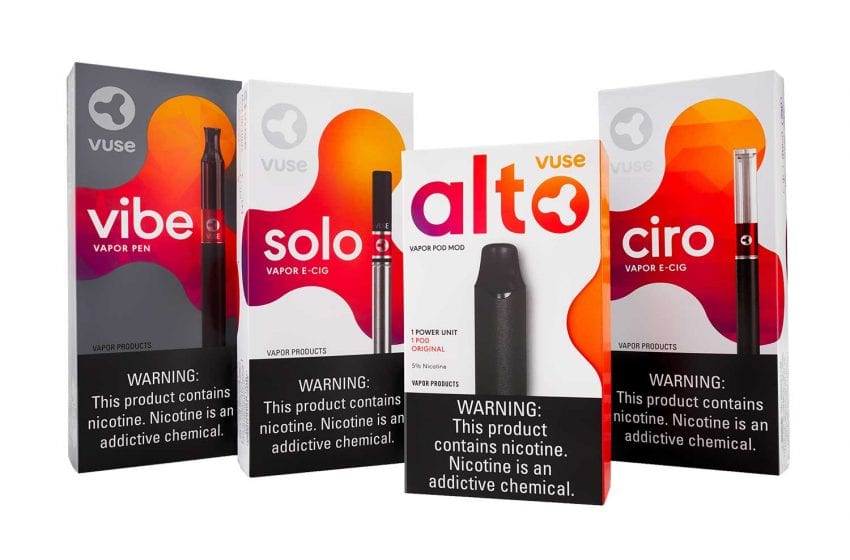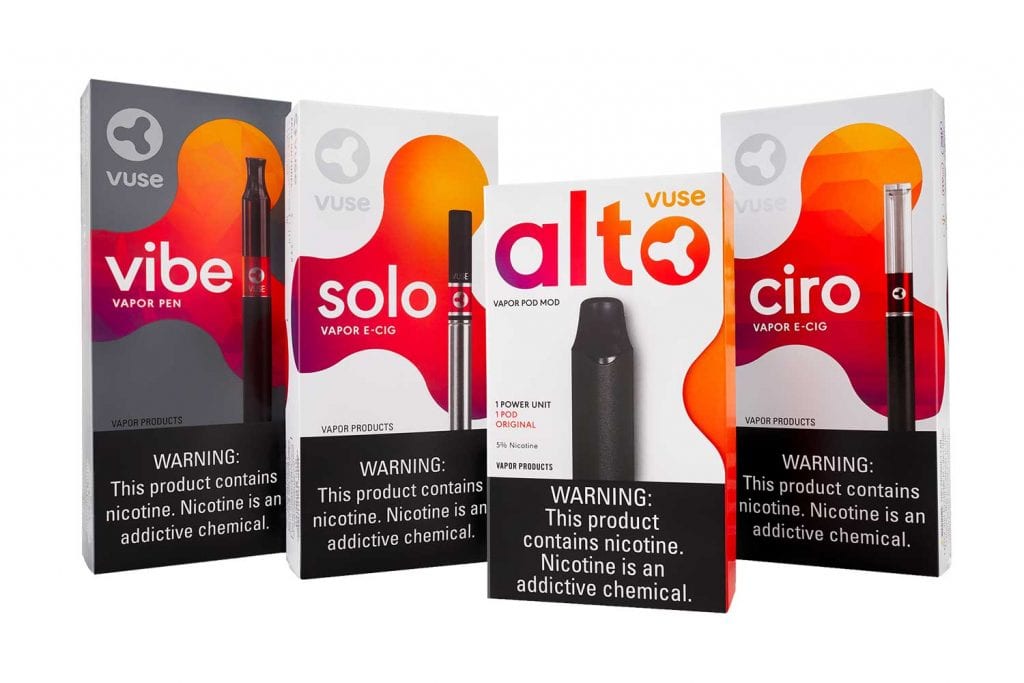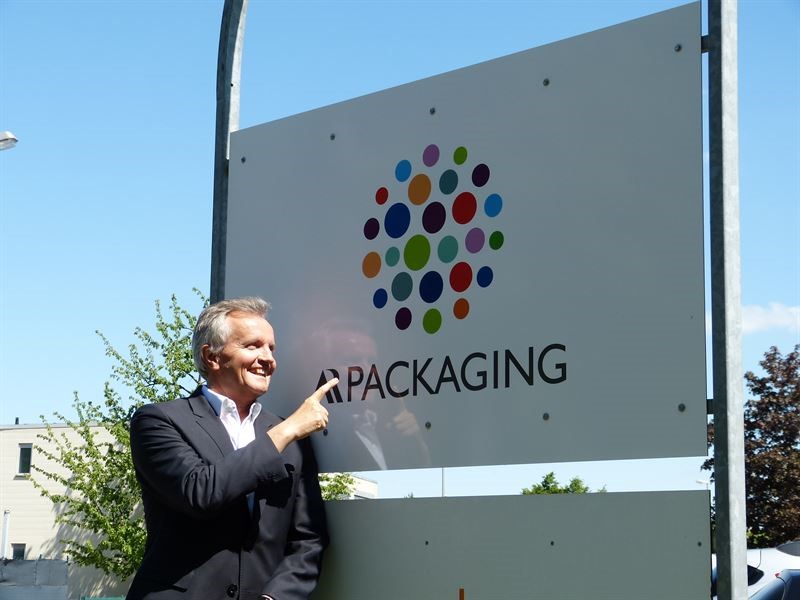Australians have started stockpiling e-cigarettes after their government announced it would ban imports of most vapor products, reports the Daily Mail.
From July 1, it will be illegal to import e-cigarettes and refills containing nicotine liquids or salts.
New Zealand’s leading retailer of vaping supplies, Shosha, recorded a 130 percent spike in sales from Australia since the announcement. Shosha also experienced a 44 percent increase in foot traffic compared to the same time last year.
Under Australia’s new regulations, individuals would need to visit a doctor and be issued a prescription to purchase their nicotine containing e-cigarettes or refills.
Even valid prescription holders would still be prohibited from purchasing the devices from overseas themselves.
The ban on importing nicotine e-cigarettes and refills would be in line with existing bans on their sale in each state and territory.
The prohibition would last 12 months while the government conducts a public consultation on the regulation of nicotine products by the Therapeutic Goods Administration.
The regulation would see nicotine products added to the Poisons Standard making them prohibited permanently with the exception of tobacco cigarettes and smoking-cessation products such as gums and patches.
The Coalition of Asia Pacific Tobacco Harm Reduction Advocates (CAPHRA) has protested Australia’s ban, saying it will deprive millions of vapers and existing smokers of their rights to access better alternatives to combustible cigarettes.
“Smokers in Australia have been denied access to a proven harm reduction tool and vapers in Australia have yet again been dealt a potentially fatal blow which will see many of the 300,000 strong vaping community go back to smoking cigarettes,” CAPHRA Executive Director Nancy Loucas said in a statement.
The group pointed to studies showing that e-cigarettes are 95-percent less harmful than combustible tobacco because they do not involve combustion. “It has been known for decades that tar, and carcinogens found in tobacco smoke, cause the death and disease associated with smoking, and not nicotine,” CAPHRA stated.



